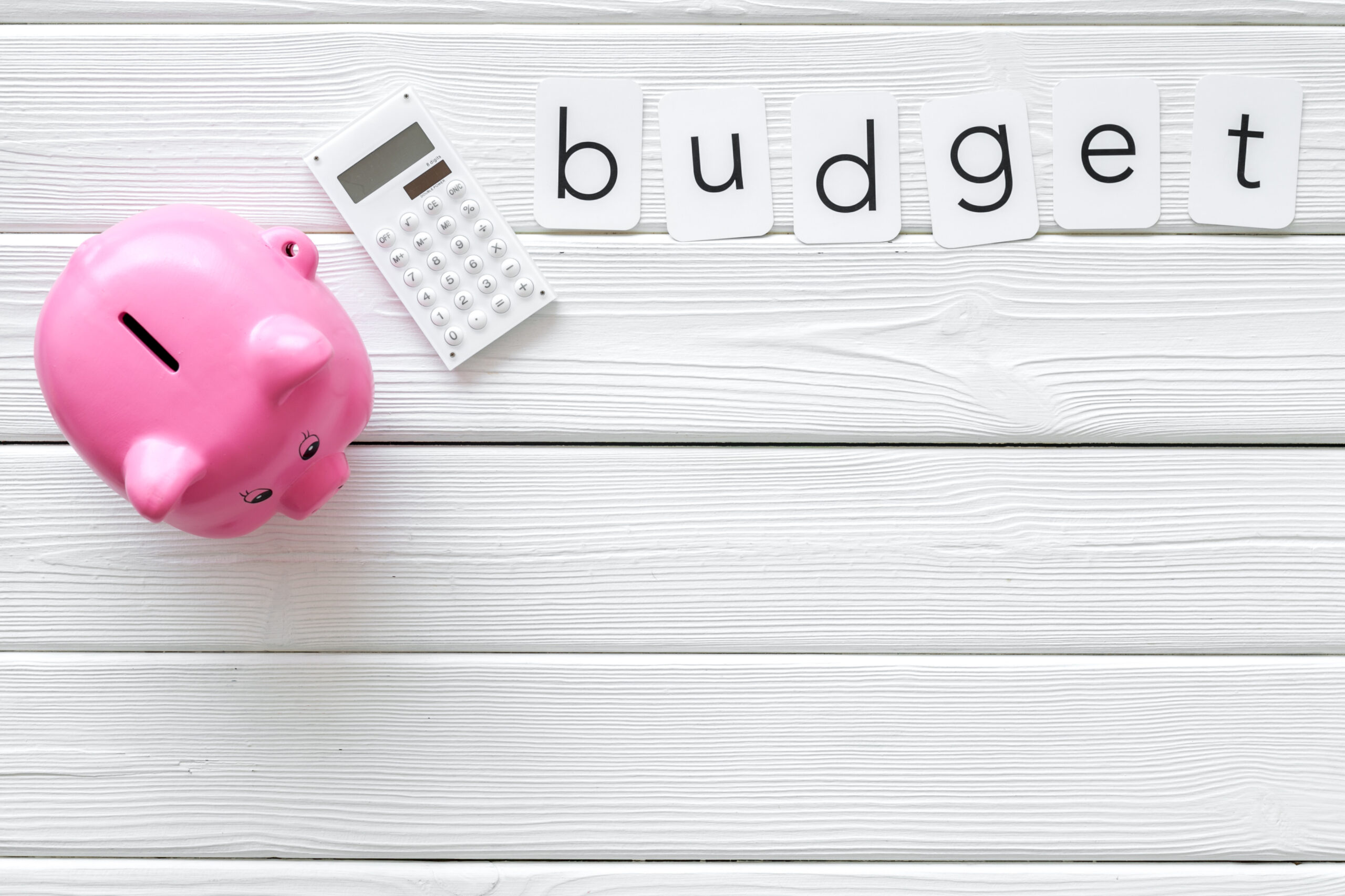
Smart budgeting is essential for managing your finances effectively and achieving your financial goals. By creating a strategic plan for spending and giving, you can ensure your money is used wisely. This guide will help you navigate the principles of smart budgeting to enhance your financial well-being.
Understand Your Income and Expenses
The foundation of smart budgeting is understanding your income and expenses. Calculate your total monthly income from all sources, including salary, investments, and side hustles. Next, track your expenses meticulously for a month to get a clear picture of where your money is going. This knowledge is crucial for creating a realistic budget.
Set Clear Financial Goals
Setting clear financial goals gives you direction and motivation to stick to your budget. Define both short-term and long-term goals, such as saving for a vacation, paying off debt, or building an emergency fund. Having specific targets helps you prioritize your spending and ensures you are working towards a financially secure future.
Prioritize Needs Over Wants
A key aspect of smart budgeting is differentiating between needs and wants. Prioritize essential expenses like housing, utilities, groceries, and transportation. Allocate funds for these necessities first before considering discretionary spending. This approach helps prevent overspending and keeps your budget on track.
Allocate Funds for Giving
Incorporating charitable giving into your budget is a wise financial practice that also benefits others. Decide on a percentage of your income to donate to causes you care about. Giving back not only supports your community but also provides personal satisfaction and fulfillment.
Create a Spending Plan
A spending plan outlines how you will allocate your income to various categories each month. Include fixed expenses, variable expenses, savings, and giving in your plan. By creating a detailed spending plan, you can control your finances better and avoid unplanned expenditures.
Use Budgeting Tools and Apps
Leverage technology to simplify budgeting and track your spending. Budgeting tools and apps like Mint, YNAB (You Need a Budget), and PocketGuard can help you stay organized and monitor your progress. These tools offer features like expense tracking, goal setting, and financial reporting, making budgeting more manageable.
Review and Adjust Regularly
Smart budgeting is not a one-time task; it requires ongoing review and adjustment. Regularly review your budget to compare your actual spending against your plan. If you find discrepancies, adjust your spending habits or revise your budget to make it more realistic. This continuous process ensures your budget remains effective and relevant.
Avoid Impulse Purchases
Impulse purchases can derail even the best-laid budgets. To avoid them, plan your shopping trips, make a list of what you need, and stick to it. Giving yourself time to consider whether a purchase is necessary can also help you avoid unnecessary spending.
Build an Emergency Fund
An emergency fund is a crucial component of smart budgeting. Set aside money each month to build a fund that can cover unexpected expenses like medical bills, car repairs, or job loss. Having an emergency fund provides financial security and prevents you from dipping into your savings or going into debt.
Seek Professional Advice

If managing your budget feels overwhelming, consider seeking professional advice. Financial advisors can provide personalized guidance and help you create a budget tailored to your needs and goals. Their expertise can be invaluable in navigating complex financial situations and achieving long-term financial success.
Smart Budgeting
Smart budgeting is about making intentional decisions with your money to achieve financial stability and fulfill your goals. By understanding your income and expenses, setting clear objectives, and using the right tools, you can spend and give your money wisely. Regular reviews and adjustments ensure your budget stays effective, helping you maintain financial health and security.


